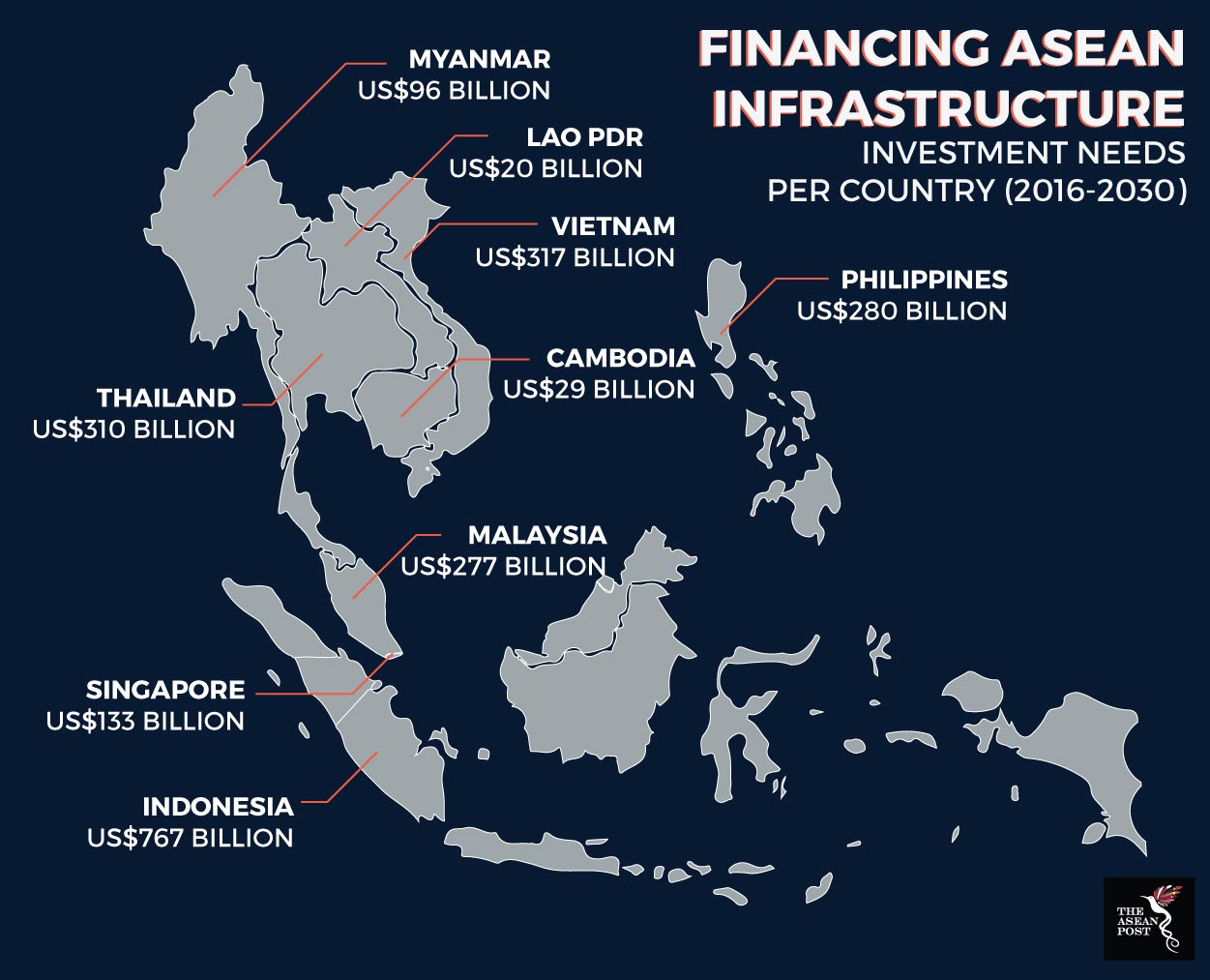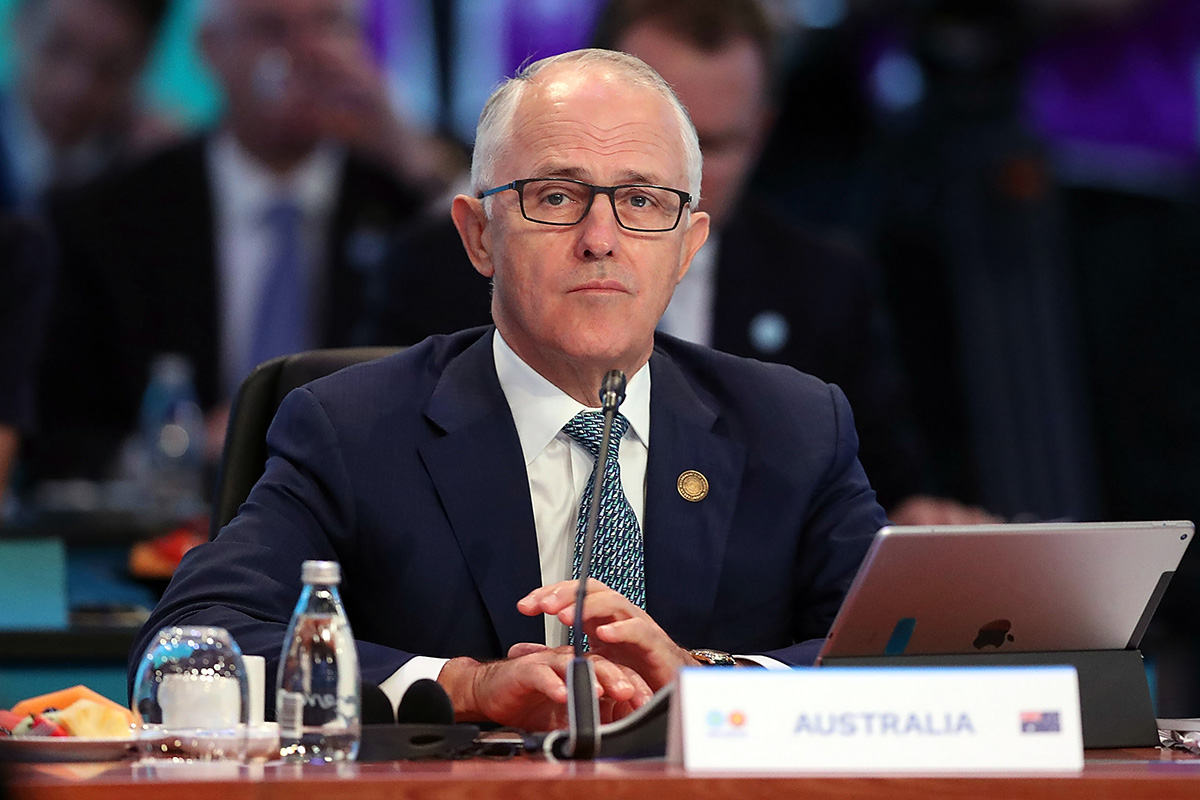Australia has taken steps to get in on the infrastructure boom taking place in Southeast Asia. At the summit between the Association of Southeast Asian Nations (ASEAN) and Australia in Sydney last weekend, the Australian government unveiled the ASEAN-Australia Infrastructure Co-operation initiative.
The ASEAN-Australia Infrastructure Co-operation initiative aims to develop a pipeline of high-quality infrastructure projects in ASEAN to attract private and public investments and improve regional connectivity. This initiative will help ASEAN governments identify and secure funding, with Australia being the bridge between the projects and the investors.
Supplementing this would be the Global Infrastructure Hub, which provides information for investors on infrastructure projects.
The Global Infrastructure Hub was launched in 2014 at the Brisbane G20 Leaders’ Summit. The Global Infrastructure Hub is a platform that connects the public and private sectors together to increase the flow and quality of private and public infrastructure investment opportunities. The Global Infrastructure Project Pipeline would provide data sourced directly from relevant governments and provides early stage information so that investors can properly assess the risks and opportunities before entering the global infrastructure market. The Global Infrastructure Project Pipeline’s website states that the “Project pipeline assists in the coordination and timing of new domestic and multijurisdictional infrastructure projects.”
The ASEAN-Australia Infrastructure Co-operation initiative reflects Australia’s desire to play a role in the infrastructure development of Southeast Asia. While no further concrete plans regarding the initiative have yet to be released, the announcement hints that Australia is involved in the design, feasibility and planning of projects in Southeast Asia before linking them to investors – potentially Australian companies.

Source: McKinsey Global Institute
This will be Australia’s first leap into ASEAN’s infrastructure market which is currently heavily dominated by China and Japan.
“Over the next two decades, ASEAN countries will need around US$4.3 trillion of infrastructure investment from bridges and highways, to ports and railways. Australian companies stand ready. They’re ready to help build the ASEAN cities of the future and to share new building technologies, expertise and ideas,” said Australian Prime Minister, Malcolm Turnbull during his keynote speech at the summit.
Australia’s foray into ASEAN’s infrastructure business would probably be welcomed by member state governments looking to fund their projects. However, some have pointed out that Australia might have other motives for their infrastructure initiative.
Citing a senior United States official, Australian Financial Review reported last month that Australia, US, India and Japan – better known as “the Quad” – are planning a joint regional infrastructure scheme to counter China’s geopolitical ambitions expressed through their Belt and Road Initiative (BRI).
This move might seem miniscule compared to the massive scale of the BRI, but this could just be Australia’s way of putting pieces in place before a more coordinated plan against China is rolled out.
Australia has always enjoyed a good relationship with ASEAN member states. ASEAN as a bloc are Australia’s third biggest trade partner valued at AUD$100 billion, beating out the EU who are valued at AUD$99 billion.
With Southeast Asia’s growing need for infrastructure, it is wise that Australia makes itself useful, in order to maintain their good economic relationship with them – especially at a time when China is making huge inroads into the region.
The closer relationship with Australia could also be beneficial for ASEAN who could face spillover effects from the US’ trade war with China. In contrast to their American allies, Australia has pledged free trade between themselves and ASEAN member states. ASEAN member states could make use of Australia’s commitments to free trade to hedge against the effects of US tariffs and sanctions on China.
Australia’s overtures to Southeast Asia in terms of infrastructure projects would probably be beneficial to ASEAN member states. However, with so much money and interest pouring into the region for the many proposed infrastructure projects, ASEAN member states need to be wary that their voices don’t get drowned out by all the development noise.
